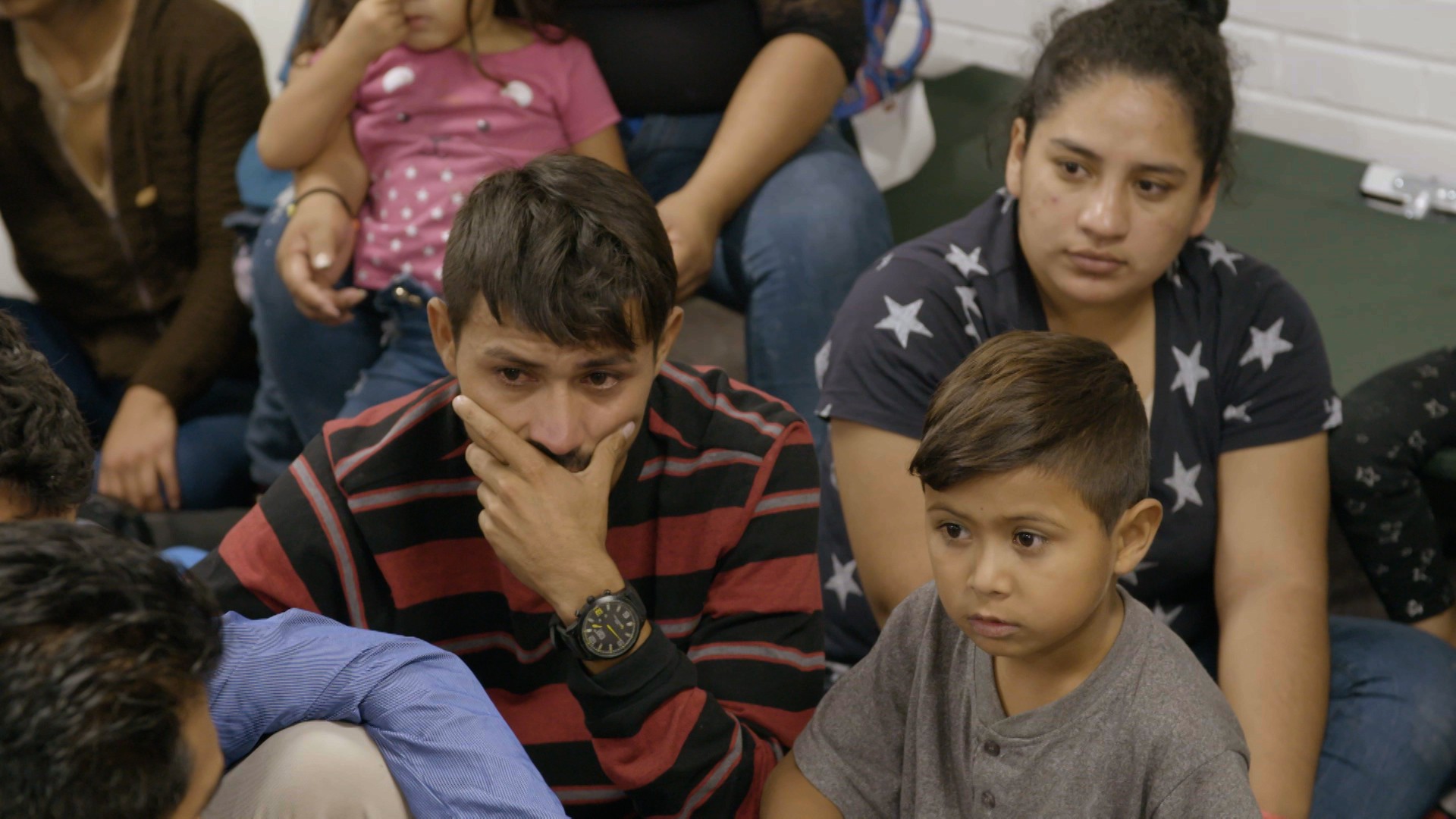Laredo’s city government offered the Department of Homeland Security a deal that seemed too good to be true: For just $1, immigration agencies would have access to a 21,000-square-foot, city-owned building for 18 months. It would be used as a makeshift immigration court so that migrants and immigration officers wouldn’t have to rely on the alternative: a tent city built on a floodplain.But shortly after meeting with city officials, DHS decided to go with the less attractive — and significantly more expensive — tent city option, the Laredo Morning Times reports.“How could you walk away from something like that? Air conditioned, very nice, very good facilities,” Rosario Cabello, Laredo’s co-interim city manager, told the Times. “Who would not want this?”DHS has set aside $25 million for the tent facility, as well as for another tent city in Brownsville, Rep. Henry Cuellar, who represents Laredo, reportedly said at a Monday press conference. The tents are being provided by Deployed Resources, a New York-based vendor whose contract can be renewed for two- and three-month periods until July 2020, according to the Times.The facility won’t house any migrants; instead, it’ll be used as a courthouse for asylum-seekers who have been returned to Mexico as part of the Migrant Protection Protocols (MPP), also known as the Remain in Mexico policy. Even though these migrants are expected to wait in Mexico for the duration of their cases — and some asylum cases can take years — they’re expected to show up for hearings in the U.S.Read more: We got cameras inside the one of the biggest ICE detention centers.Being forced to wait out their hearings in dangerous border cities is just one problem these migrants face. A recent report by the Transactional Records Access Clearinghouse at Syracuse University found that the overwhelming majority of migrants whose cases are on the MPP docket don’t have legal representation, which makes it harder for them to fight their cases. And unlike asylum cases handled in the rest of the country, a growing number of migrants’ cases are being adjudicated by judges who call in via video conference.The Trump administration expanded the MPP to Laredo in July, and began returning some migrants who cross at the city’s port of entry to Nuevo Laredo, a border city in the Mexican state of Tamaulipas — which is so dangerous that the State Department warns Americans against traveling there. More than 500 migrants were returned to Mexico from the Laredo port of entry as part of the MPP in July. The Mexican government began busing some migrants to Monterrey, more than 130 miles away from Nuevo Laredo, that month.The makeshift courthouse is about 36,000 square feet and will eventually be air conditioned, but wasn’t as of Monday, according to the Times report. Cabello, the co-interim city manager, told the Times that the tents have flooring, and one of the rooms had a Porta Potty. It will eventually have four rooms for master calendar hearings, as well as 14 other rooms for merit hearings. In a statement to VICE News, a DHS official said it opted for the tent facility because the city-owned building wouldn’t be ready in time.“Because of the importance of having an operational hearing facility within the coming months to ensure timely hearings for migrants under MPP, which is not possible at the [Laredo] facility, DHS will erect the soft-sided structures in the near term while discussions continue,” the official said.But according to the Laredo Morning Times report, city officials promised to have the building ready by DHS’ August 24 deadline.“It's like they're trying to do everything to have tents by the river,” Cuellar told the Times. “National Guard, barbed wire to send a message — a symbolism that they're trying to take this action against the immigrants.”Cover: The undated photo released by U.S. Department of Health and Human Services shows detainees walk in a line at the HHS' unaccompanied alien children program facility at Tornillo, Texas. (U.S. Department of Health and Human Services via AP)
In a statement to VICE News, a DHS official said it opted for the tent facility because the city-owned building wouldn’t be ready in time.“Because of the importance of having an operational hearing facility within the coming months to ensure timely hearings for migrants under MPP, which is not possible at the [Laredo] facility, DHS will erect the soft-sided structures in the near term while discussions continue,” the official said.But according to the Laredo Morning Times report, city officials promised to have the building ready by DHS’ August 24 deadline.“It's like they're trying to do everything to have tents by the river,” Cuellar told the Times. “National Guard, barbed wire to send a message — a symbolism that they're trying to take this action against the immigrants.”Cover: The undated photo released by U.S. Department of Health and Human Services shows detainees walk in a line at the HHS' unaccompanied alien children program facility at Tornillo, Texas. (U.S. Department of Health and Human Services via AP)
Advertisement
Advertisement
